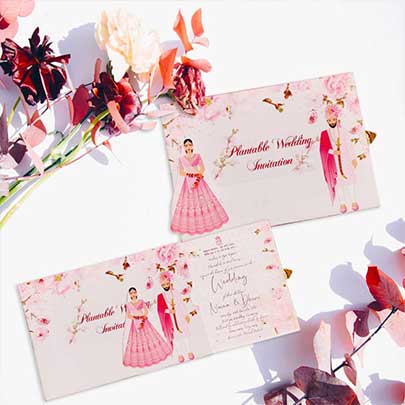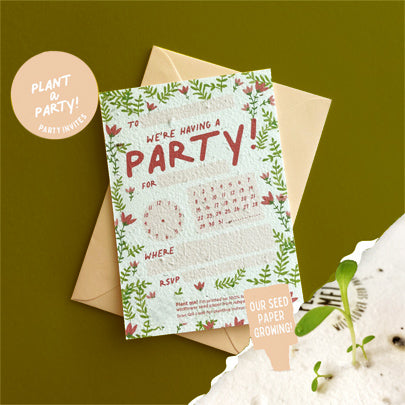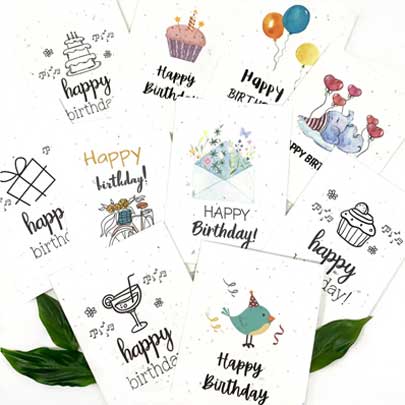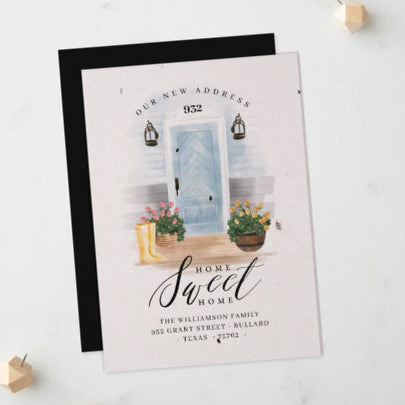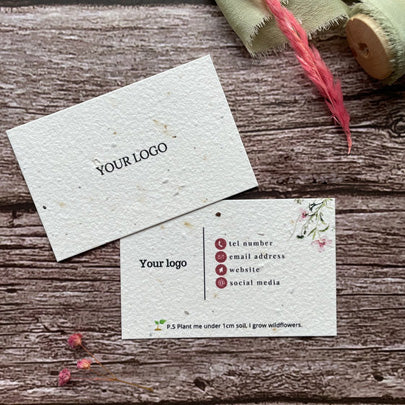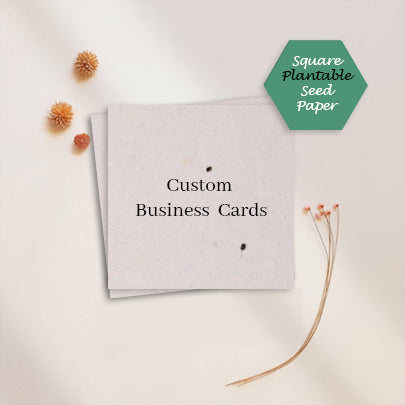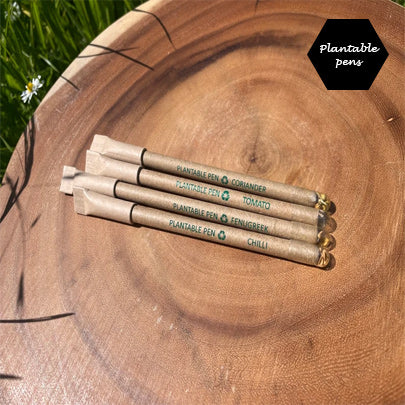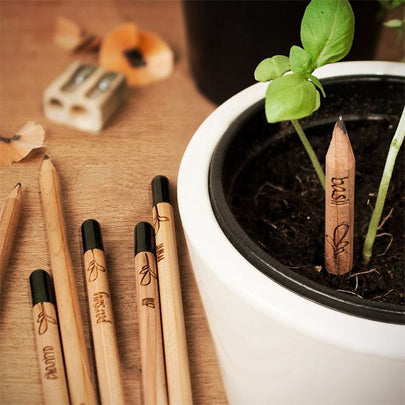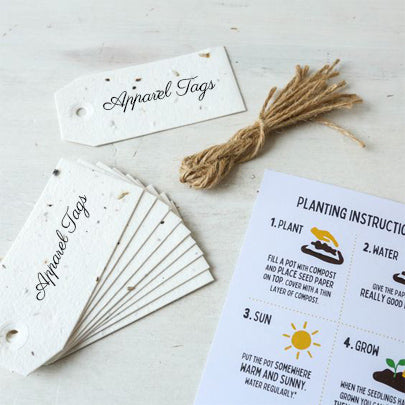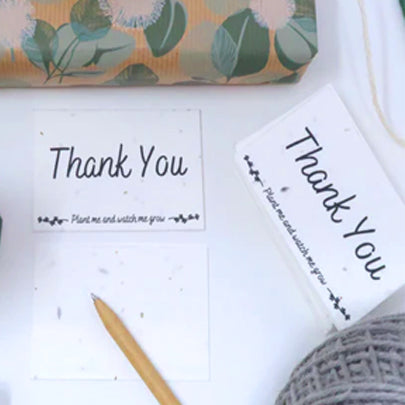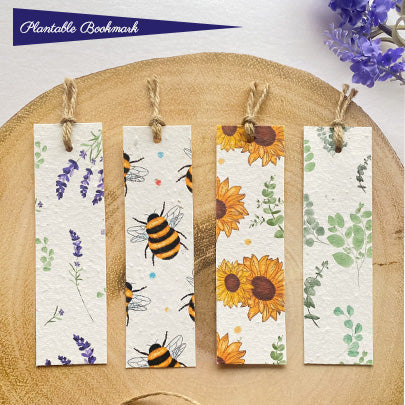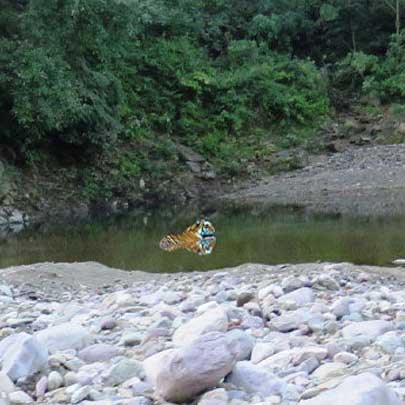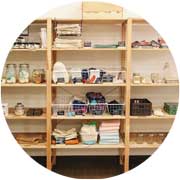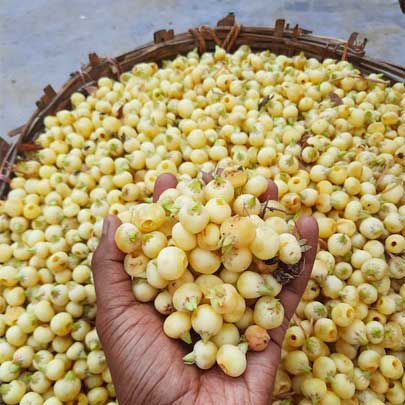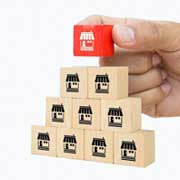“Why Eco-Friendly Stationery Is the Smarter Choice for You and the Planet”
In an era marked by climate change, deforestation, and growing plastic pollution, even the smallest lifestyle choices matter. Among them is the kind of stationery we use—something so routine, yet so impactful. Traditional paper stationery may serve our immediate needs, but it comes at a significant environmental cost. This is where sustainable stationery offers a powerful alternative.
Organizations like the Wildlense Eco Foundation are playing a pivotal role in raising awareness about eco-friendly stationery and sustainable living. Their initiatives go beyond education—they lead by example through promoting recycled, biodegradable, and plastic-free stationery products that are as functional as they are planet-friendly.
Let’s explore why choosing sustainable stationery over normal paper products is a conscious decision we all need to consider—and how Wildlense Eco Foundation is helping transform this choice into a movement.
What is Sustainable Stationery?

Sustainable stationery refers to office and school supplies made using processes and materials that reduce harm to the environment. This includes:
-
Paper made from recycled content or alternative fibers like bamboo, sugarcane pulp, or cotton waste
-
Pencils made from recycled newspaper or sustainably sourced wood
-
Pens crafted from biodegradable or refillable materials
-
Non-toxic inks and adhesives
-
Packaging free of plastic
In contrast, normal stationery relies heavily on virgin paper, plastic, and chemical-intensive processes that damage ecosystems and deplete natural resources.
1. Wildlense Eco Foundation: Advocating for Eco-Conscious Living

The Wildlense Eco Foundation, a not-for-profit organization focused on wildlife conservation and environmental awareness, has taken significant steps in promoting sustainable products—especially stationery. Through educational campaigns, product launches, and partnerships with schools and communities, Wildlense promotes eco-friendly tools as part of a larger sustainability strategy.
Their mission is clear: to encourage mindful consumption that protects wildlife and ecosystems. By promoting plastic-free pens, recycled notebooks, and biodegradable packaging, they help reduce our collective ecological footprint.
In doing so, Wildlense Eco Foundation not only provides greener alternatives, but also inspires behavioral change, especially in younger generations.
2. Preserving Forests and Wildlife Habitats

Traditional paper production is a leading cause of deforestation, threatening not only trees but the animals and indigenous communities that depend on them. Wildlife corridors shrink, biodiversity suffers, and carbon-absorbing forests disappear.
Wildlense Eco Foundation emphasizes this connection between deforestation and wildlife loss in its outreach efforts. Their message is simple: choosing sustainable stationery helps protect natural habitats by reducing the demand for virgin paper.
Every notebook made from recycled material is a small yet vital step in preserving forests and the creatures they shelter.
3. Minimizing Plastic Waste

Plastic-based pens, folders, rulers, and packaging are standard in conventional stationery—and most of it ends up in landfills or oceans, taking centuries to decompose.
Wildlense promotes zero-waste stationery kits made from compostable, reusable, or upcycled materials. For instance:
-
Pens made of cardboard and cornstarch
-
Pencils wrapped in seed paper
Such innovations are showcased by the foundation in school campaigns and eco-clubs, showing that functionality doesn’t have to come at the planet’s expense.
4. Educational Impact: Teaching Sustainability Early

One of Wildlense Eco Foundation’s most impactful strategies lies in environmental education. By introducing sustainable stationery in schools and colleges, they help instill eco-awareness at a young age.
Children learn the value of:
-
Using recycled paper
-
Avoiding single-use plastics
-
Choosing biodegradable over synthetic
Through eco-kits and classroom talks, the foundation emphasizes that choosing green alternatives isn’t just good practice—it’s a responsibility.
5. Supporting a Circular Economy

Sustainable stationery fits perfectly into the circular economy model—where resources are reused, waste is minimized, and products are designed to last or decompose naturally.
Wildlense promotes this through:
-
Encouraging refillable writing instruments
-
Recyclable notebooks and envelopes
This not only helps the environment but also creates livelihoods rooted in sustainability.
6. Better for Health and Safety

Many traditional stationery items contain harmful chemicals: inks with VOCs, plastic components with BPA, or bleached paper. These substances can be unsafe—especially for children.
Wildlense Eco Foundation ensures the products they promote or distribute are:
-
Free from toxic substances
-
Made with natural dyes and adhesives
-
Packaged in non-toxic, biodegradable materials
Safer products mean safer classrooms, homes, and workplaces.
7. Corporate and Institutional Responsibility

Sustainability isn't just for individuals—it’s a corporate and institutional priority too. Schools, offices, and public institutions have the power to influence mass behavior through procurement choices.
Wildlense works with institutions to help them transition to eco-friendly stationery and adopt greener procurement practices. This helps organizations:
-
Meet ESG and sustainability goals
-
Reduce environmental impact
-
Enhance their brand reputation
How to Join the Movement
Making the switch to sustainable stationery is easier than ever, especially with guidance and resources from groups like Wildlense Eco Foundation. Here’s how you can start:
-
Audit Your Current Supplies: Identify what can be replaced with eco-alternatives.
-
Choose Recycled or Biodegradable Products: Paper, pens, packaging—all matter.
-
Buy from Responsible Brands: Support businesses and NGOs with eco missions.
-
Educate Others: Spread awareness at school, work, or within your community.
-
Support Wildlense Eco Foundation: Follow their work or partner with their campaigns.
Final Thoughts

Choosing sustainable stationery over normal paper stationery isn't just a personal lifestyle change—it’s a statement. It says you value forests over convenience, wildlife over waste, and future generations over short-term habits.
Thanks to changemakers like the Wildlense Eco Foundation, this shift is not only possible—it’s already happening. With every recycled notebook or plastic-free pen you choose, you're contributing to a greener, cleaner, and more conscious world.





